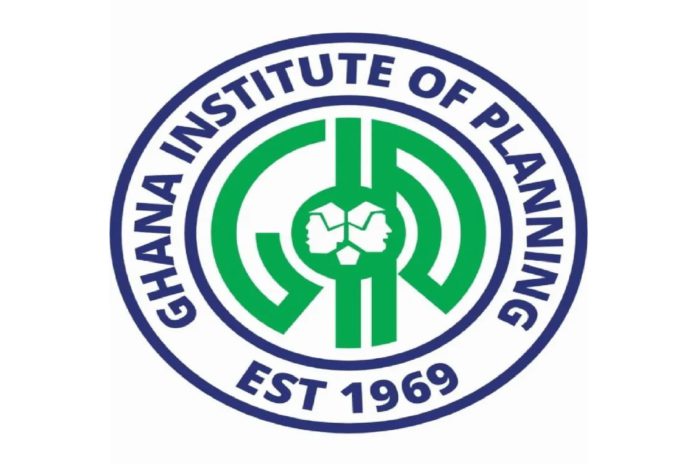The Ghana Institute of Planning (GIP) has presented a position paper to the leadership of political parties going into the 2024 Presidential Election.
The paper provides a framework for political parties to develop their manifestos and prioritize their policies to address key development and spatial planning issues in the country and create a prosperous and resilient nation.
The position paper covers three main areas: Human Settlement, Environment, and Infrastructure Development; Social Development; and Economic Development.
The Institute has emphasized the need for political party manifestos to reflect purposeful intents and strategies to address economic challenges, improve social development, implement sustainable human settlement and environmental practices, and ensure the continuity of infrastructure projects beyond political manifestos.
Over years of limited consensus on the adoption of a long-term national development plan as the framework for national policy formulation and implementation, Ghana’s development has faced numerous setbacks.
Policies in Ghana are mostly short-to-medium-term, and their implementation ends with the term of office of the Executive.
According to the GIP, the vision of “transforming Ghana from a lower middle-income country to a high-income one by 2057, with correspondingly high levels of social development and strong and responsive institutions” will be meaningful if a long-term national development plan is put in place.
The absence of a long term approach to national development has resulted in several development challenges in the country.
Urgently, the Institute supports the need for reform to give the National Development Planning Commission (NDPC) more constitutional powers to lead long-term national development planning in Ghana, which will serve as a guide for political parties in prioritizing aspects of the plan as the basis for their manifestos going into national elections.
Intervention
The Ghana Institute of Planning (GIP), an internationally recognized body of professional planners and the lead institution for promoting high standards of professional planning practice and advocacy in Ghana, authored the well-thought-through position document to guide national political parties in the preparation of their manifestos for the 2024 presidential election in Ghana.
In the position document, https://gip.org.gh/gip-position-on-political-parties-manifestos/, the GIP outlined key national development and spatial planning issues pertinent to sustainable national development.
The Institute recommends that the leadership of national political parties adopt, incorporate, and make use of the Institute’s position document to bring relief, growth, and prosperity to Ghana.

